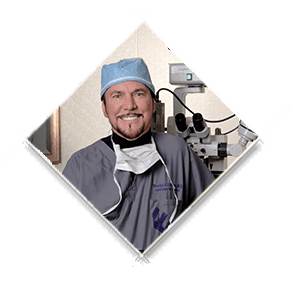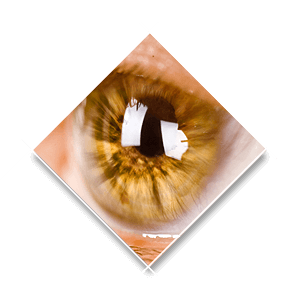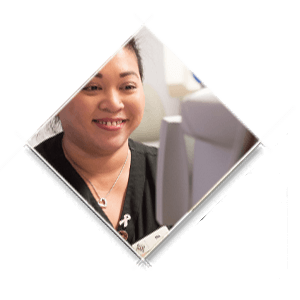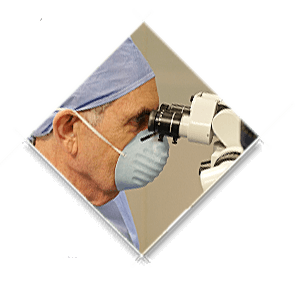 Have you ever wondered how vision problems were treated hundreds or thousands of years ago? If you thought there weren’t any treatments before modern day medicine, you may be surprised.
Have you ever wondered how vision problems were treated hundreds or thousands of years ago? If you thought there weren’t any treatments before modern day medicine, you may be surprised.
Each year, cataract surgery permits millions of people to improve and recover their vision. This eye surgery has been conducted since ancient times, but has undergone significantly advanced developments over the past fifty years in order to become the common and effective procedure that it is today. The word “cataract” stems from the Greek word for “waterfall,” because prior to the 1700s, people believed that cataracts were comprised of an opaque material flowing, like a waterfall, into the eye. It is now recognized that the obscuring of the ordinarily transparent crystalline lens within the eye is a result of aging, metabolic changes, injury, radiation, toxic chemicals or drugs.
In antiquity, as early as the 5th century, the first form of a cataract operation was performed, known as couching. This method consisted of dislocating the cataract lens, moving it away from the pupil, and letting it sit in the vitreous cavity towards the rear of the eye. Unfortunately, due to the absence of corrective lenses, images still appeared blurry for the patient. Scientists have discovered the utensils that ancient doctors would have used when performing cataract surgeries in the ancient times.
Cataracts in ancient Egypt were apparently a treatable phenomenon, though leaving much to be desired. Today’s advanced technologies owe a nod to the scientists and physicians of those ancient times.
To learn more about cataracts and cataract surgery in Dallas, contact Vision Quest at 214-361-1443 or visionquestdallas.com today.












